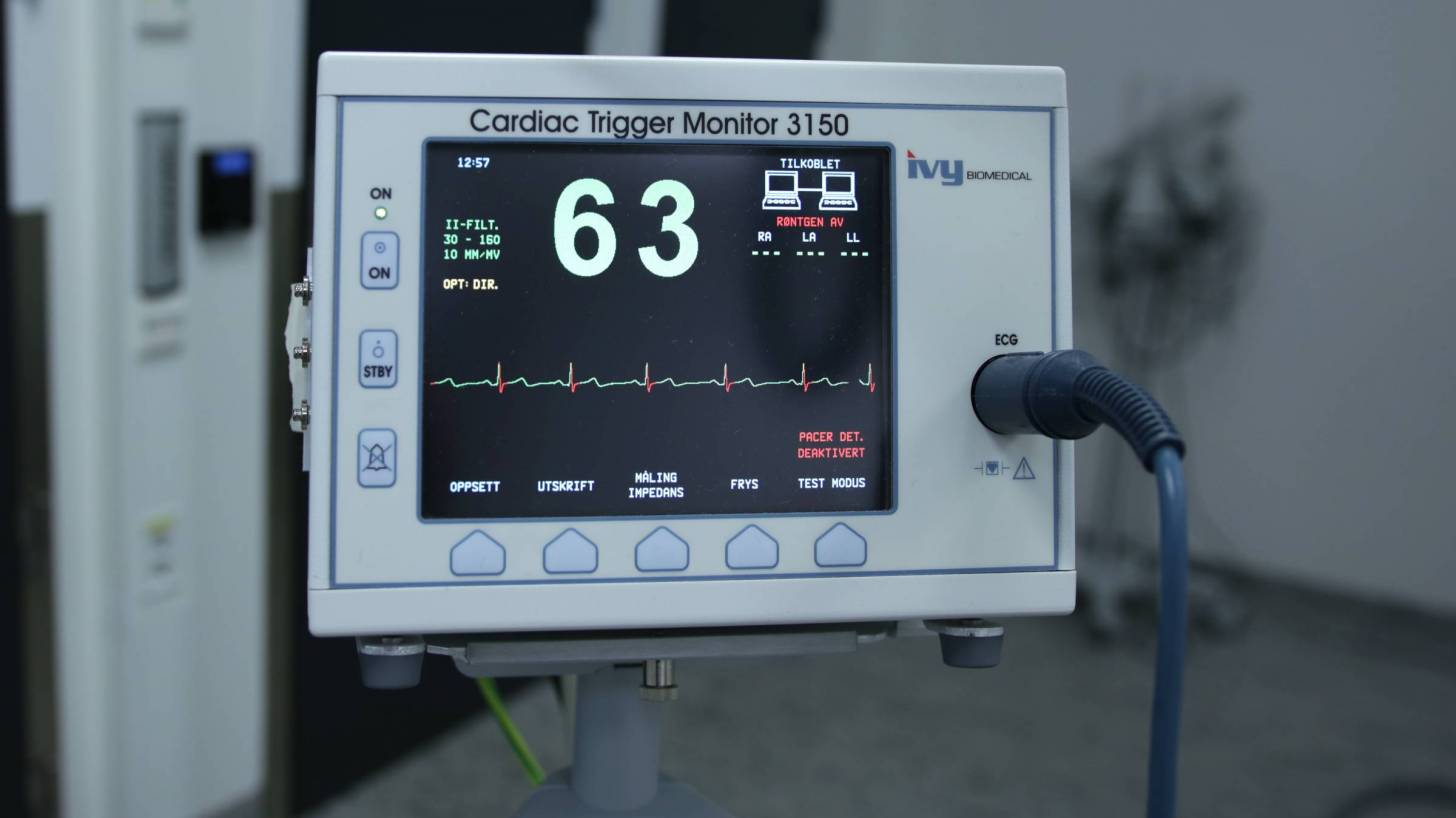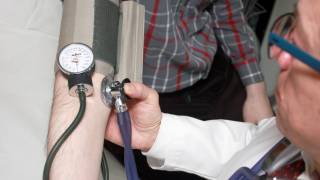Why Are Heart Failure Patients Skipping Flu and Pneumococcal Vaccinations

Although widely recognized as beneficial, vaccination rates in patients with heart failure vary significantly in the United States and across the world.
A new study reported the disappointing news.
Nearly 33 percent of patients hospitalized for heart failure were not vaccinated for pneumococcal pneumonia or influenza, reported the study.
This study is important since respiratory infection is a major driver of morbidity in heart failure patients, and many influenza and pneumococcal infections could have been prevented by vaccination.
Most interesting, this study found hospitals with higher vaccination rates performed well with respect to other heart failure quality of care measures.
These researchers evaluated 313,761 patients discharged from 392 hospitals during the study period. The proportion of patients receiving influenza vaccination was 68 percent overall and had declined from 70% in 2012-2013 to 66% in 2016-2017.
Additionally, the proportion of patients receiving pneumococcal vaccination was 66 percent overall and decreased over the study period from 71% in 2013 to 60% in 2016.
Compared with hospitals with low rates of vaccination, those with high rates of vaccination rates also had higher rates of defect-free care.
Influenza vaccination is recommended annually for patients with cardiovascular disease by the Centers for Disease Control and Prevention (CDC), the American Heart Association, and the European Center for Disease Prevention and Control.
Heart failure patients are especially susceptible to influenza-related complications including acute heart failure exacerbations and secondary infections such as pneumonia, both of which increase hospitalizations, says the CDC.
Vaccination is the first and most important step in protecting against the flu. Even if you don’t have a regular doctor or nurse, you can get a flu vaccine, says the CDC.
Flu shots are approved for use in people with heart disease and other health conditions.
Most pharmacies in the USA offer flu and pneumococcal vaccination services.
The CDC Vaccine Price List provides the private sector prices for general information.
Flu vaccine discounts can be found here.
Vaccines, like any medicine, can have side effects, says the CDC. You are encouraged to report negative side effects of vaccines to the FDA or CDC.
The Get With The Guidelines-Heart Failure (GWTG-HF) program is provided by the American Heart Association. GWTG-HF has been funded in the past through support from Medtronic, GlaxoSmithKline, Ortho-McNeil, and the American Heart Association Pharmaceutical Roundtable. This project was supported by the GWTG-HF program.
The majority of these researchers reported various industry relationships. All other authors have reported that they have no relationships relevant to the contents of this paper to disclose.
Our Trust Standards: Medical Advisory Committee

















